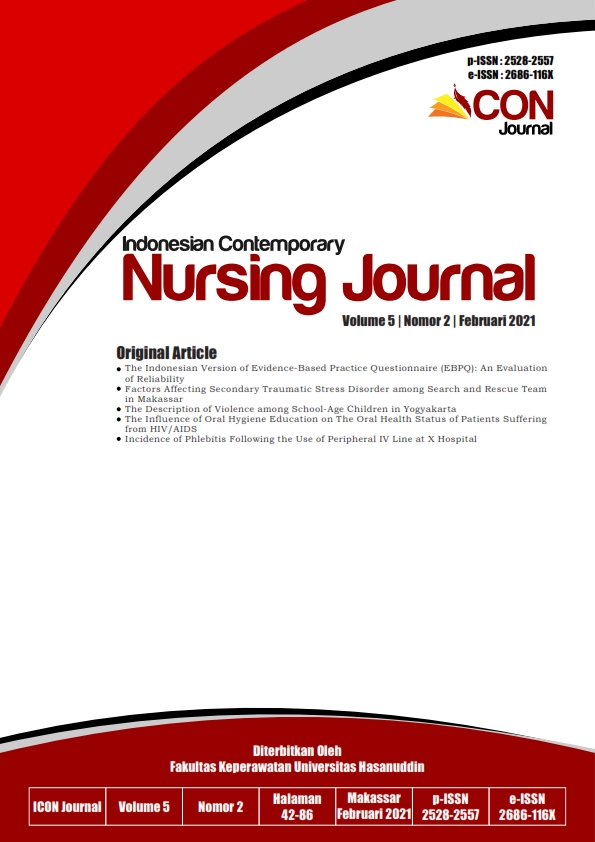EDITORIAL: ChatGPT, the Blade in Scientific Writing
DOI:
https://doi.org/10.20956/icon.v7i2.25634Keywords:
Scientific Writing, Artificial Intellegence, ChatGPTAbstract
One impact of the industrial revolution is the development of computer systems, including the birth of ChatGPT. ChatGPT (Generative Pre-trained Transformer) is a large-scale natural language processing model developed by OpenAI to generate text similar to human language. The model is trained on massive textual data and can produce diverse text output, including chatbot responses, article summaries, concept explanations, and more. The ability of ChatGPT influences the way of writing, including scientific writing.
References
Arif TB, Munaf U, Ul-Haque I. The future of medical education and research: Is ChatGPT a blessing or blight in disguise? Med Educ Online. 2023 Dec;28(1):2181052. doi: 10.1080/10872981.2023.2181052.
Biswas S. (2023). ChatGPT and the Future of Medical Writing. Radiology, 307(2), e223312. https://doi.org/10.1148/radiol.223312.
Curtis, N., & ChatGPT (2023). To ChatGPT or not to ChatGPT? The Impact of Artificial Intelligence on Academic Publishing. The Pediatric infectious disease journal, 42(4), 275. https://doi.org/10.1097/INF.0000000000003852
OpenAI. (2022). ChatGPT. https://openai.com/blog/chatgpt. Date Accessed: February 27, 2023
Downloads
Published
How to Cite
Issue
Section
License
Authors who publish with this journal agree to the following terms:Authors retain copyright and grant the journal right of first publication with the work simultaneously licensed under a Creative Commons Attribution License that allows others to share the work with an acknowledgement of the work's authorship and initial publication in this journal.
Authors are able to enter into separate, additional contractual arrangements for the non-exclusive distribution of the journal's published version of the work (e.g., post it to an institutional repository or publish it in a book), with an acknowledgement of its initial publication in this journal.
Authors are permitted and encouraged to post their work online (e.g., in institutional repositories or on their website) prior to and during the submission process, as it can lead to productive exchanges, as well as earlier and greater citation of published work (See The Effect of Open Access).



